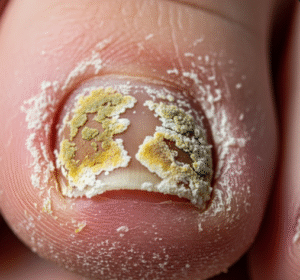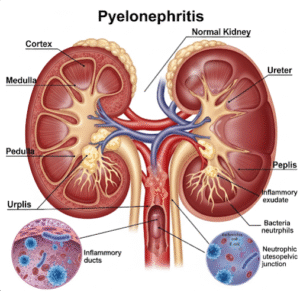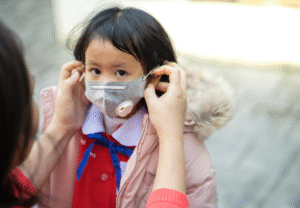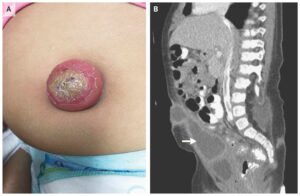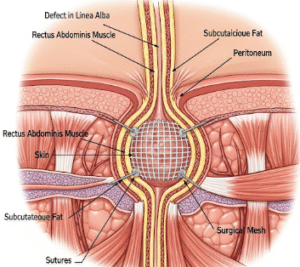Overview
Down Syndrome is a genetic disorder caused by the presence of an extra chromosome 21, leading to developmental delays and characteristic physical features. In Korea, specialized hospitals and pediatric clinics provide diagnosis, early intervention, therapy, and ongoing support to improve quality of life for individuals with Down Syndrome.
What is Down Syndrome?
Down Syndrome occurs when a person has three copies of chromosome 21 (trisomy 21) instead of the usual two. This extra genetic material affects physical development, cognitive abilities, and health, and it can occur in individuals of any ethnic background.
Symptoms
- Distinct facial features (flat facial profile, upward slanting eyes, small ears)
- Short stature and hypotonia (low muscle tone)
- Developmental delays in speech, motor skills, and learning
- Intellectual disability of varying severity
- Heart defects and gastrointestinal abnormalities
- Increased susceptibility to infections
Causes
- Extra chromosome 21 due to nondisjunction during cell division
- Genetic translocation in rare cases
- Maternal age over 35 increases the likelihood of chromosomal abnormalities
Risk Factors
- Advanced maternal age
- Family history of chromosomal abnormalities
- Previous child with Down Syndrome
- Certain genetic translocations in parents
Complications
- Congenital heart defects
- Gastrointestinal issues
- Hearing and vision problems
- Thyroid disorders
- Increased risk of leukemia and Alzheimer’s disease
- Developmental and learning challenges
Prevention
- Genetic counseling for at-risk couples
- Prenatal screening (ultrasound, blood tests, and amniocentesis)
- Maternal health and nutrition before and during pregnancy
- Awareness and early detection programs
Treatment Options in Korea
Diagnosis
- Prenatal screening (first-trimester combined test, NIPT)
- Amniocentesis or chorionic villus sampling (CVS) for definitive diagnosis
- Postnatal chromosome analysis for confirmation
Medical Treatments
- Management of heart defects, thyroid issues, and other medical conditions
- Immunizations and regular check-ups to prevent infections
- Medications as needed for specific health problems
Therapies and Support
- Early intervention programs for motor and cognitive development
- Physical therapy for muscle strength and mobility
- Occupational therapy to improve daily functioning
- Speech therapy for language development
- Educational support and inclusive schooling programs
- Family counseling and support groups





